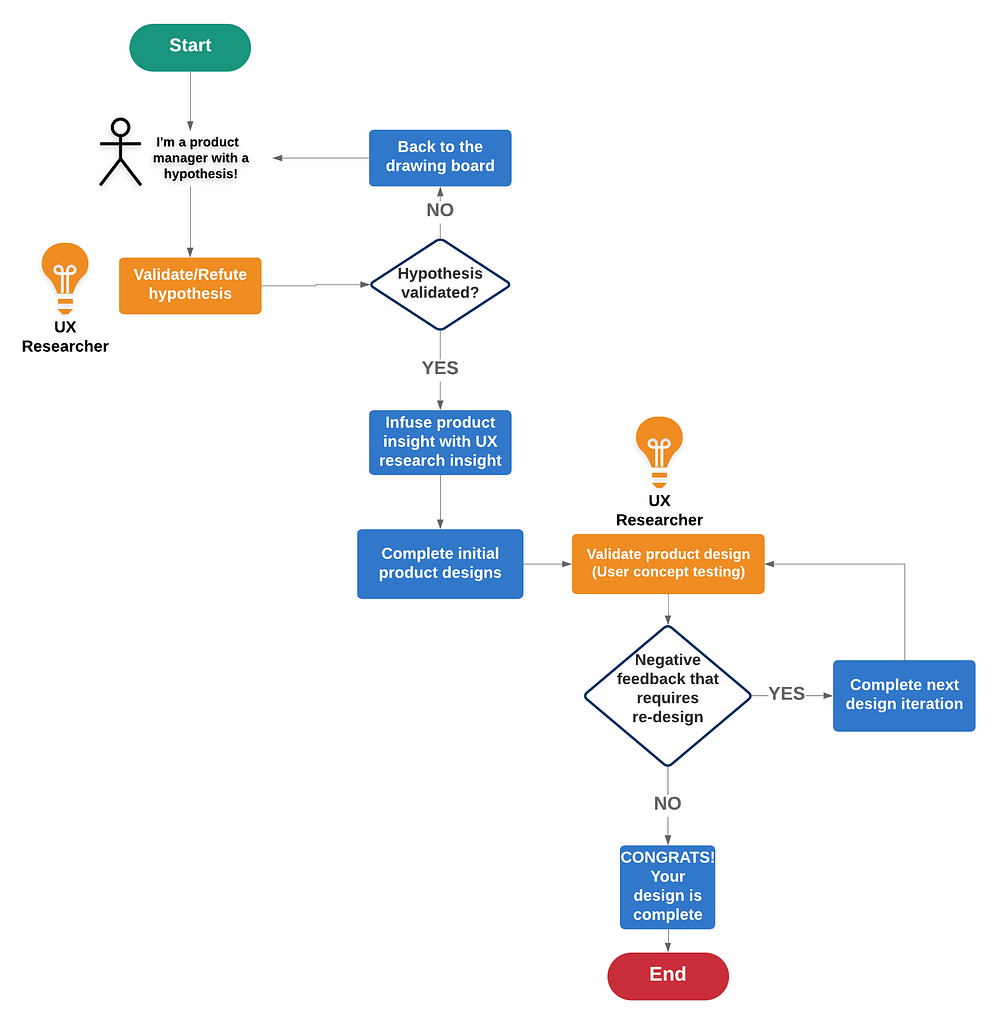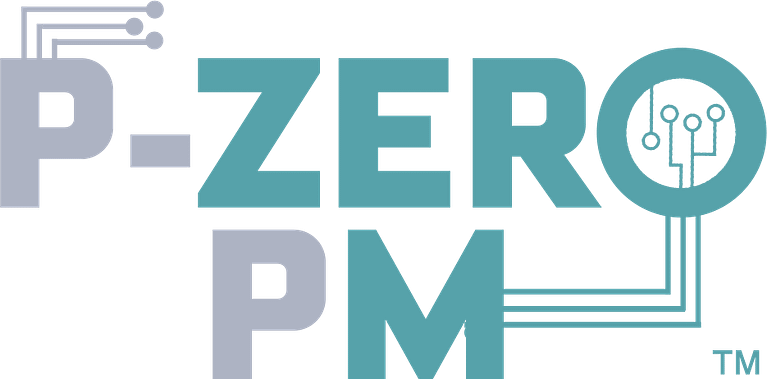
This is the kick-off of the Best Friend Series at the The P-Zero PM. We will be deep diving into how the expertise of each member in your Prod Squad assists in creating amazing products, or in other words, why you should treat each expert as your best friend! If someone helps you succeed every time you release a product, they should automatically be your best friend, right? Well, at least at work anyways.
Excited to meet your new best friend?! Your first best friend is the User Experience (UX) Researcher!
“You think you know…but you have no idea…”
–The diary of a UX Researcher (referring to a product manager)
Did I just date myself with that MTV Diary reference? I probably did…
Anyways…
I gave a brief overview of the role of a UX researcher in the Prod(uct) Squad article. But for those who didn’t read it:
- Go back and read it.
- Continue reading this article.
The UX researcher is the First of Her Name, Investigator of User Behavior, Knower of Consumer Insight, Objective Influencer of Product and Design Decisions.
How does a UX Researcher influence product and design decisions?
The last title “Objective Influencer of Product and Design Decisions” is probably the title that UX researchers feel is most important. Let us dive into how a UX researcher influences product and design decisions. Let us assume we have this overly simplified product development process below (Note: There are many ways in which a product manager may come up with a hypothesis or problem to solve. I’ll cover that in another article titled “How do product managers find problems to solve?”)

Amongst other job duties, UX Researchers help product managers validate product design decisions at two important stages in the product design pipeline ( i.e. the orange states in the diagram above):
- Validate/refute product hypothesis – You, the PM, have a hypothesis that you want to test. For example, you may think that changing the layout and copy of the sign-up page will result in an increase in member registrations, as you feel the current copy doesn’t truly resonate with members. Your UX researcher can conduct a study, in which she interviews a subset of your target audience, composed of members who would sign up for your service, subsequently allowing them to determine if this is worth investigating. She will ask members questions to uncover how they perceive the member registration page and how the current layout and copy affects their decision making. This research will tell you if the problem (registration page issues) truly exists in the first place.
- Validate product design – Let’s assume you have already validated your hypothesis and your UX researcher has deemed it worth creating a solution for. You have worked with a designer to come up with an initial solution. Before you release it publicly, however, your UX researcher suggests that she conduct a user concept test to see if the new design resonates with members of your target audience. This concept test will give you initial insight into whether your solution will actually fix the problem.
Three things to note:
- Though UX research helps validate problems, it does not give solutions to the problem. You, the PM, develop the solution. Your members will not tell you how to solve the problem. Instead, they will confirm or refute that the problem exists.
- This insight is not certain. That is, it is not going to tell you whether the solution will succeed or fail because you are only speaking with a subset of your target audience. Do not treat it as something to follow with complete certainty. There will be people in the study with whom your product does not resonate. Work with your researcher to understand which insight to either latch onto or to take with a grain of salt.
- If possible, get your UX researcher involved as early as possible in the product development process (even when developing your hypothesis). The UX researcher may have insight that will guide your hypothesis creation.
Though UX research helps validate problems, it does not give solutions to the problem. You, the PM, develop the solution.
The P-Zero PM Tweet This
What happens during a UX research study?
During UX studies, researchers deep dive into the user psyche to understand their thoughts as they interact with the product. UX researchers know the nuances required to lead interviewees into answers that are genuine and honest. This helps you as a product manager know:
- What copy or imagery resonates most with members.
- What user workflow (i.e. series of steps needed to complete a task) work best for your targeted members.
- How to arrange this series of steps.
UX Researchers are trained to know:
- What questions to ask.
- When to ask questions.
- Who you should be asking questions to.
- How to ask questions – Note: Presenting UX study participants with a “Did you like it? or naw?” is not the right way to gain deep user insight.
There is an art to not leading someone into an answer. The UX researcher is Mozart with the questions.
There is an art to not leading someone into an answer. The UX Researcher is Mozart with the questions.
The P-Zero PM Tweet This
You may meet a PM who downplays the importance of user research because he trust his “gut instinct” more than UX research data. Well to that PM, I say SHAME! SHAME! SHAME! **rings bell**

Our egos can get in the way of the cold hard facts. Your idea may be terrible. It’s okay. I’m 99.28% certain Andre 3000 was speaking about a product manager when he wrote the chorus to “Roses”. UX researchers are here to let you know that your roses really smell like boo-boo, so use their customer insight (i.e. soap) to clean up your product and make it presentable for your users.
You aren’t perfect. Every idea you generate will not be perfect. Michael Jordan didn’t hit every shot he took, but with every miss, he learned something new to ensure the miss didn’t happen again.
“You think you know...but you have no idea...” The diary of a UX Researcher... (probably referring to a product manager)
The P-Zero PM Tweet This
Why is the UX Researcher your best friend?
In summary, the UX Researcher conducts user interviews in a way that generates genuine and honest feedback from your target audience. They are meticulous in ensuring the data is objective and interpreted correctly. This meticulous search for rich member intelligence will guide you as you:
- Validate your product hypothesis to verify you are building a solution for a problem that actually exists.
- Validate your product design decisions to verify that your solution (whose problem you have already validated) will resonate with your members and solve the problem you intend for it to solve.
How do you continue to cultivate this best friend relationship?
- Volunteer when user study research is happening, ESPECIALLY if the research is for your product. Your UX researcher is helping you attain data so you can create the right solution that solves the right problem. Volunteering can be simply listening, or actually taking notes during a session. I would recommend doing both. Even if the research study is not for your product, sit in and take notes. You’ll get a better understanding of how the Mozart of Questions works.
- Have a new product idea? Run it by your UX researcher. They may already have data that will help you validate the problem and/or solution. If they don’t have data, resources permitting, they may be able to set up a user study session to get the data you need. They may also be able to sneak your questions into an already scheduled session (if the topics are related, of course).
- Interview customers yourself! You may be given the opportunity to speak directly to customers. Use this opportunity to put on your UX Researcher hat so you can understand the skills necessary to unearth insight from customers. This will help you gain empathy with their role, which in turn, will help you gain more respect for your new best friend. More importantly, your best friend will also gain more respect for you!
Next time you see your UX researcher, appreciate her, give her a hug, ask her how her day was (but don’t use leading questions) like a best friend would!




